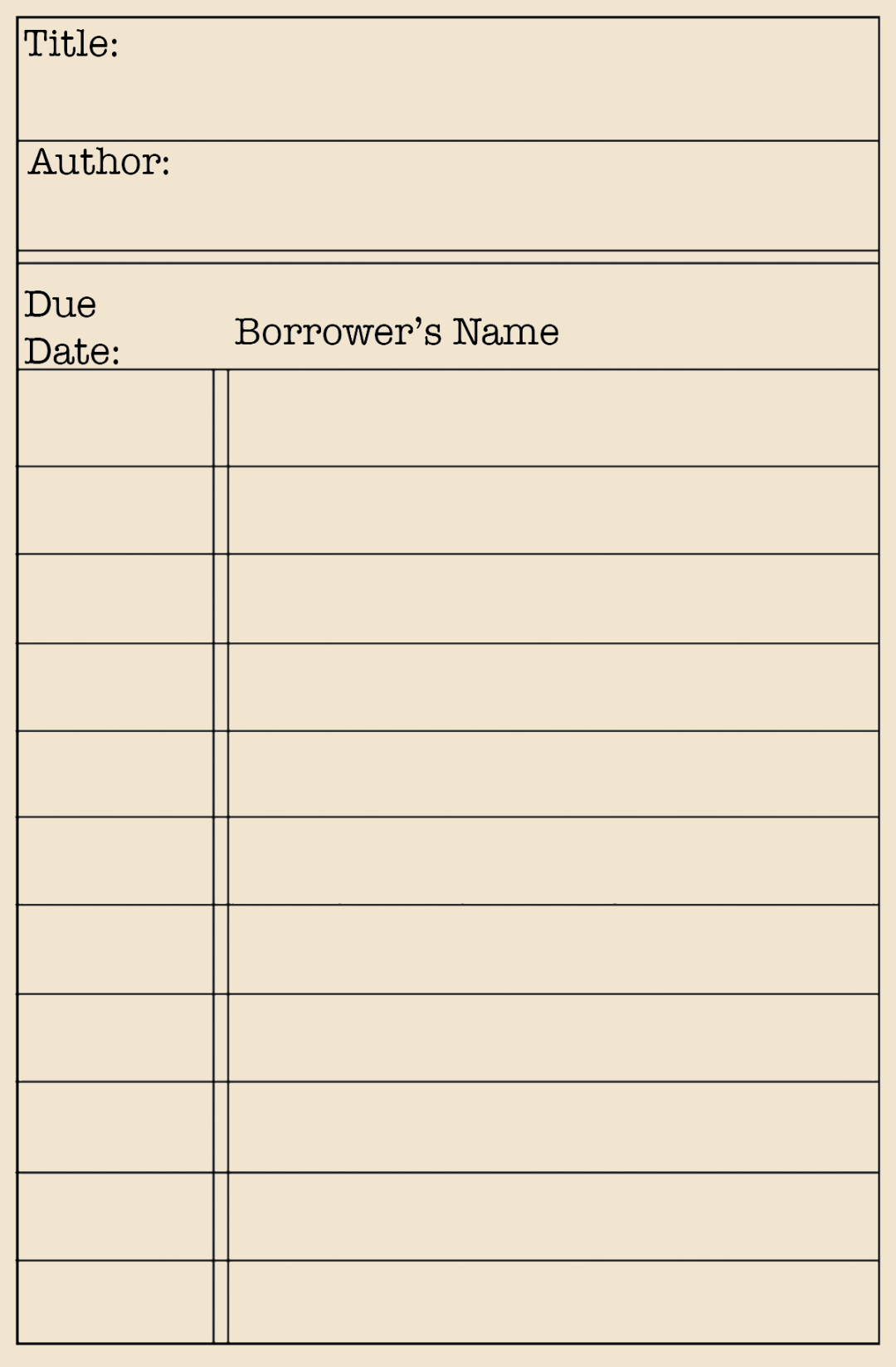A library catalog Card template is a fundamental tool for organizing and managing library collections. It provides a standardized format for recording essential information about each item, making it easy for users to locate and access materials. A well-designed template not only streamlines library operations but also enhances the user experience.
Essential Elements of a Library Catalog Card Template

To create a professional and effective library catalog card template, you must include the following key elements:
Item Identification
Title: The full title of the item, including any subtitles.
Item Description
Edition: Indicate if it’s a first, second, or subsequent edition.
Physical Characteristics
Number of Pages: The total number of pages in the item.
Subject Headings
Additional Fields (Optional)
Notes: Any additional information relevant to the item, such as awards, reviews, or related materials.
Design Considerations for Professionalism and Trust
To create a library catalog card template that conveys professionalism and trust, consider the following design elements:
Typography
Font Choice: Select a clear, legible font that is easy to read, such as Arial, Helvetica, or Times New Roman.
Layout
Organization: Arrange the elements in a logical and consistent manner.
Color Scheme
Color Palette: Choose colors that are easy on the eyes and complement each other.
Branding
Library Logo: Include the library’s logo in a prominent position on the template.
Technology and Automation
In today’s digital age, many libraries utilize library management systems (LMS) to automate cataloging and other tasks. These systems often provide pre-designed catalog card templates that can be customized to meet specific needs. However, even if you are using an LMS, it is still essential to understand the basic elements and design principles of a professional library catalog card template.
By following these guidelines, you can create a library catalog card template that is both functional and aesthetically pleasing. A well-designed template will help users locate and access materials efficiently, contributing to the overall success of your library.